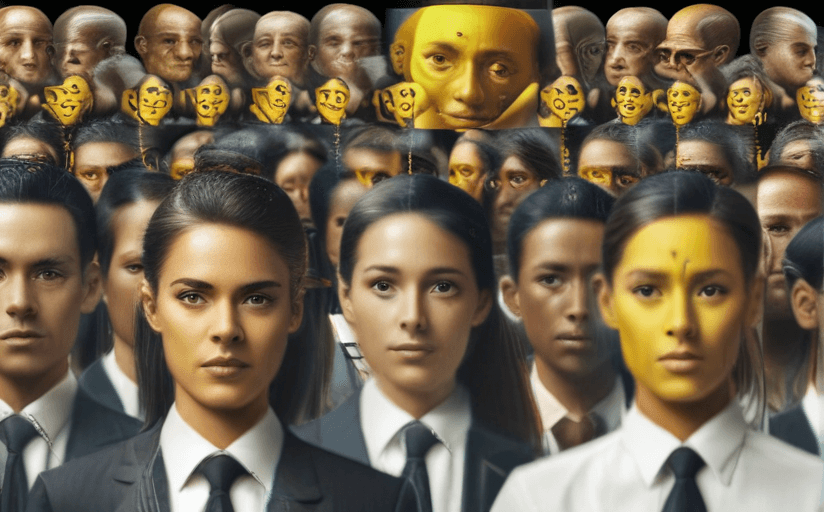Ethics of Facial Recognition Technology: A Necessary Progress or A Dangerous Infringement?
With every step on the path of technological advancement, we are introduced to new conveniences and potential threats. One such invention is the Facial Recognition Technology, a product of our rapidly digitalizing world. It proves beneficial in numerous fields, but its ethical implications cannot be overlooked.
The Debate Over its Usefulness Versus Privacy
In the age where data is considered the new oil, facial recognition technology collects invaluable data points to improve various industries. However, ubiquitous surveillance and potential misuse of personal information raise eyebrows. Does this technology considerably infrede on people's privacy rights, or are the inconveniences picked for better security worth it?
Potential Misuse of Facial Recognition Technology
Heavy reliance on facial recognition technology has its risks. What if the collected data gets into the wrong hands, used for fraudulent activities, incriminating innocent persons, stalking, or spying? The dangers can be damaging and beyond repair.
Impact on Individual Privacy
An alarming concern with widespread facial recognition is the erosion of privacy. Imagine walking into a shopping mall, with surveillance tracking and storing your every movement. With facial recognition technology, anonymity becomes a forgotten concept. It is an uncomfortable realization for many, therefore pushing for strict regulatory frameworks governing this technology.
Government Regulations: Ill-Equipped?
The rapid development in technology often leaves legislation far behind, struggling to cope. With the lack of specific regulations governing facial recognition, it becomes a potential instrument for abuse, including the potential for governmental misuse in surveillance and social control. It's crucial to update our legislative framework to address these challenges effectively.
Algorithmic Biases: Racism Coded In?
Studies have shown that facial recognition technology is more likely to misidentify people of color, women, elders, and children. These biases are mainly due to the dominant demographic (young, white male) in the initial dataset used to train the algorithm. It is a pressing concern requiring urgent correction to ensure that the technology does not serve as a tool of discrimination.
Possible Solutions to These Ethical Dilemmas?
Strengthening transparency, consent, and oversight mechanisms can pave the way to the ethical application of facial recognition. Additionally, diversifying the training dataset can minimize algorithmic bias. Lastly, establishing comprehensive laws and regulations to control misuse is imperative.
In conclusion, while facial recognition technology offers remarkable innovations, it is necessary to navigate its use cautiously. As members of the digital era, we must give equal, if not more, value to establishing ethical boundaries as we do to technological progression.


















Comments
Leave a Comment